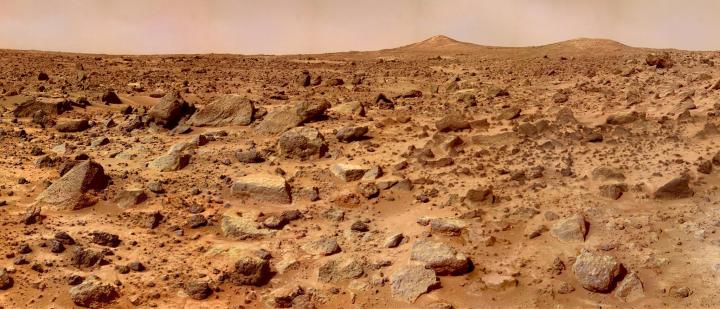
ADVERTISEMENT
So why, again, do we never see the other side of the moon?
As for number 10, how do you know this for certain? Humans have not been around for billions of years as the universe has.
Ask God, he's forgotten more about our creation then you'll ever know......
So I asked god and got no response ..referenced the holy books and bibles ...again nothing of significance ..any other brilliant ideas?
Picture this…..
SUN……………………….moon…Earth.
Oh look! the moon is between Earth and Sun.
Which side of the moon is lit up by Sun? Which side of the moon are you seeing form Earth?
Is not the rotation of moon 4 weeks, not 2? (One orbit).
The "Dark" side is an old term for the "Unknown" side. In our grandparents day Africa was known as "The Dark Continent" for the same reason. Exploration removed the "darkness". Dr. Livingston anybody??
Please feel free to vent such interesting facts frequently. I was especially surprised by the brightness of the sun at Pluto. What an incredible powerhouse old Sol is! Thanks. :)
Whoa ! I feel soooo s-t-o-o-p-i-d !
The only one I knew, was the spinning of water down the drain, and talking about it brought on many an argument ! You KNOW when I make any of these statements in after-dinner conversation, it is certain to escalate into all out battle ! Ha ha VERY interesting, and NOW I have to locate more information.
Thank you ! ( I think . . . )
Ask Mr. Hanky, from South Park, he'll know the answer to the toilet question.











